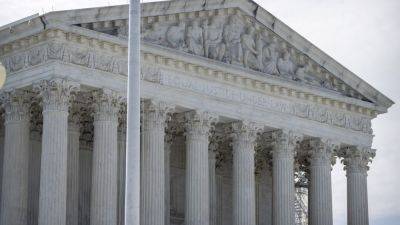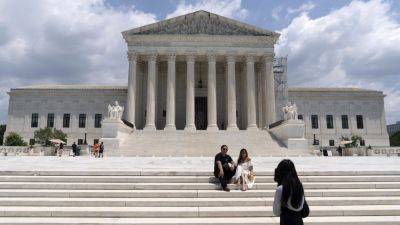Weakening Regulatory Agencies Will Be a Key Legacy of the Roberts Court
Twice in two days, the Supreme Court’s conservative supermajority has issued sweeping rulings that cut against established precedents and will hamstring the ability of regulatory agencies to impose rules on powerful business interests.
On Friday, the six Republican-appointed justices overturned a 40-year-old foundational part of American law, the Chevron doctrine, which will make it easier to successfully challenge regulations in court by eliminating a requirement that courts defer to the expertise of federal agencies in interpreting their laws.
The day before, the justices had struck down a key practice used by many agencies to enforce rules via in-house tribunals, rather than suing accused malefactors in federal court before juries.
Each decision turned on a different rationale, but both pointed in the same direction: eroding the power of the federal regulatory bureaucracy. And the pair of decisions are only the most recent notes to sound that theme, making clear that the current majority’s pursuit of a deregulatory agenda will be part of its legacy.
All six Republican appointees on the court came of age amid the conservative legal movement. Curbing the so-called administrative state has long been a central goal of the libertarian faction of that movement — and the wealthy donors who have funded its rise over the past half century.
The fight traces back to the Great Depression and the New Deal era in the 1930s, when economic disaster had reduced the political power of wealthy business interests. Against that backdrop, President Franklin D. Roosevelt and his allies in Congress created the modern administrative state.







